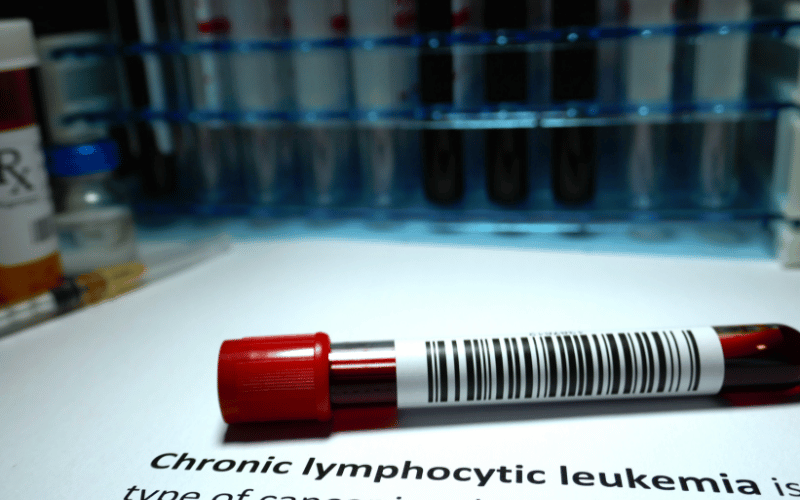Introduction: The Silent Predator Known as Chronic Lymphocytic Leukemia

When you think about your health, you likely consider your diet, exercise routine, and even your genetics. Chronic illnesses often lurk silently, showing signs only when the situation has escalated.
Chronic Lymphocytic Leukemia (CLL) is one such deceptive ailment, primarily affecting older adults but not limited by age. Early diagnosis often leads to better outcomes, making it crucial to recognize the symptoms as soon as possible.
However, CLL symptoms can be elusive and may appear harmless initially. A lingering fatigue, recurrent infections, or an unexpected weight loss may not ring alarm bells instantly.
It’s easy to shrug these off, attributing them to the rigors of daily life or age. But it’s precisely these seemingly ‘mundane’ symptoms that could be heralding the onset of something far more serious.
In this article, we’re not just skimming the surface. We’re diving deep into the top 10 symptoms of CLL, unpacking them in great detail.
We aim to offer you not just information but a framework for early detection. After all, when it comes to CLL, knowledge isn’t just power; it could very well be the line between life and death.
So buckle up. We’re about to embark on a deep dive into each symptom, from the subtle signs you might dismiss to the more alarming indicators that will have you speed-dialing your doctor. Let’s get started.
1. Pervasive Fatigue: More than Just a Bad Night’s Sleep

Fatigue is a tricky symptom to navigate. It’s so common that pinning it to CLL may seem far-fetched. But there’s fatigue, and then there’s ‘I-can’t-get-out-of-bed’ fatigue. If you find yourself slogging through the day with a persistent lack of energy, pay attention.
In CLL, the accumulation of abnormal lymphocytes in the blood can lead to a lower count of red blood cells, resulting in anemia. This imbalance wreaks havoc on your energy levels, transforming daily tasks into Herculean efforts. You might find simple chores like grocery shopping or even walking short distances an overwhelming ordeal.
It’s easy to brush off this symptom as a consequence of stress, poor sleep, or an overly packed schedule. However, CLL-related fatigue is usually resistant to rest. A full night’s sleep won’t touch it. You wake up feeling just as exhausted as when you hit the sack. (1)